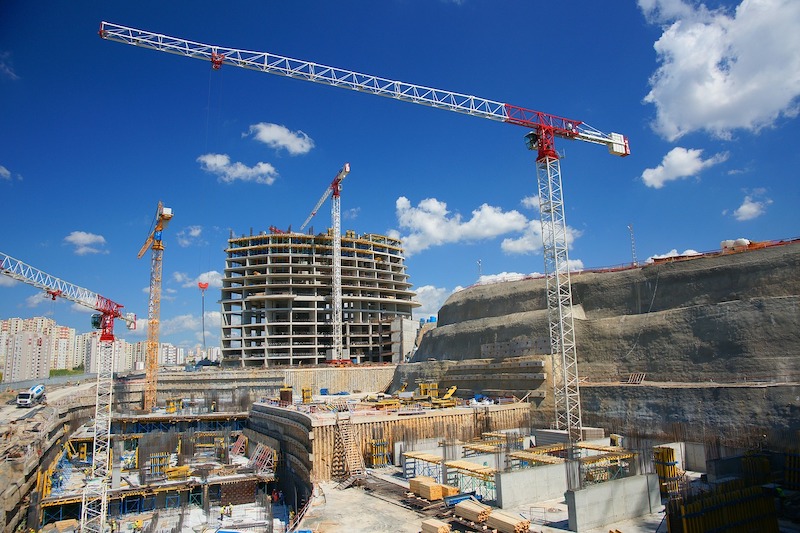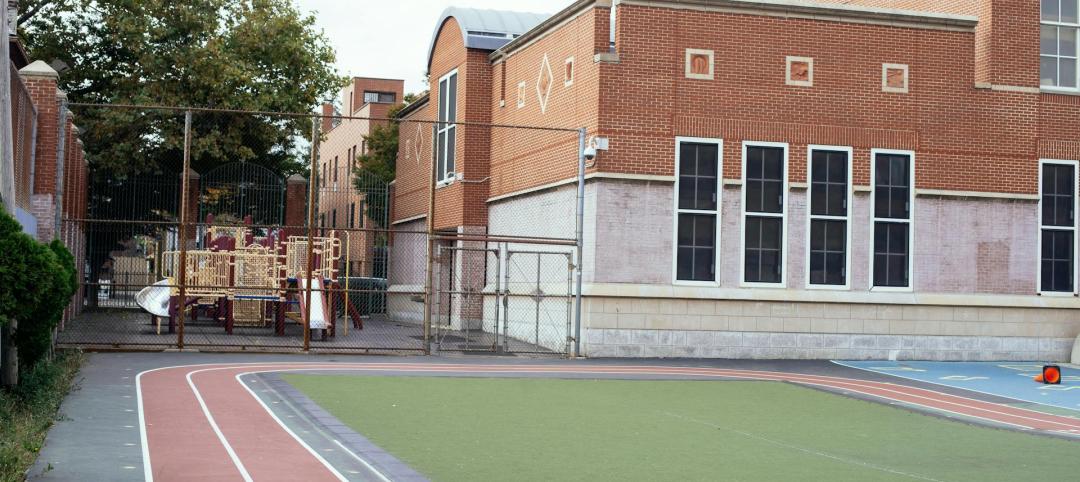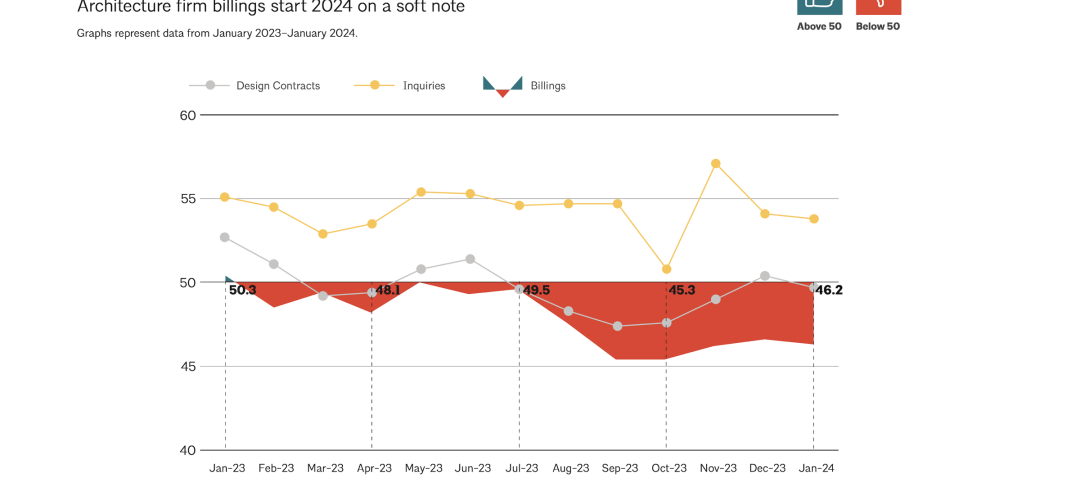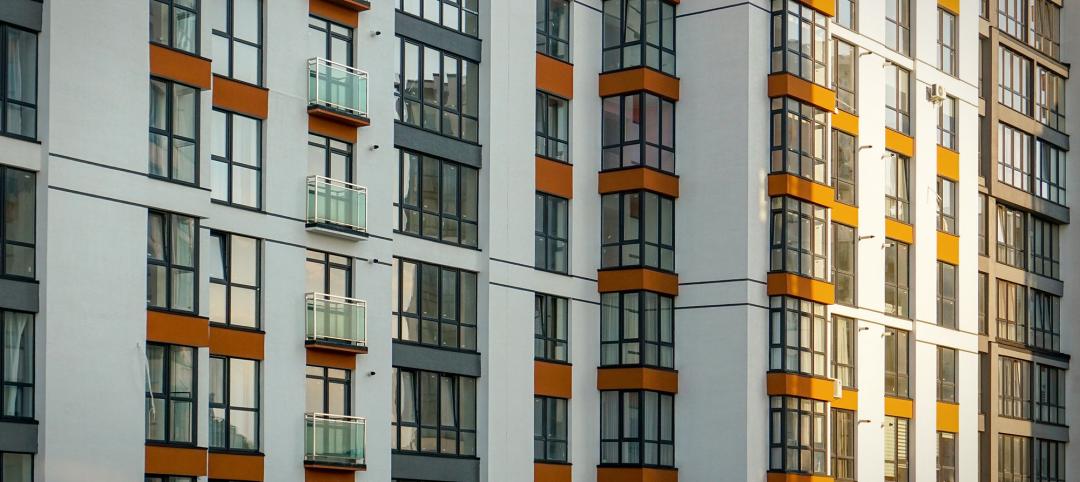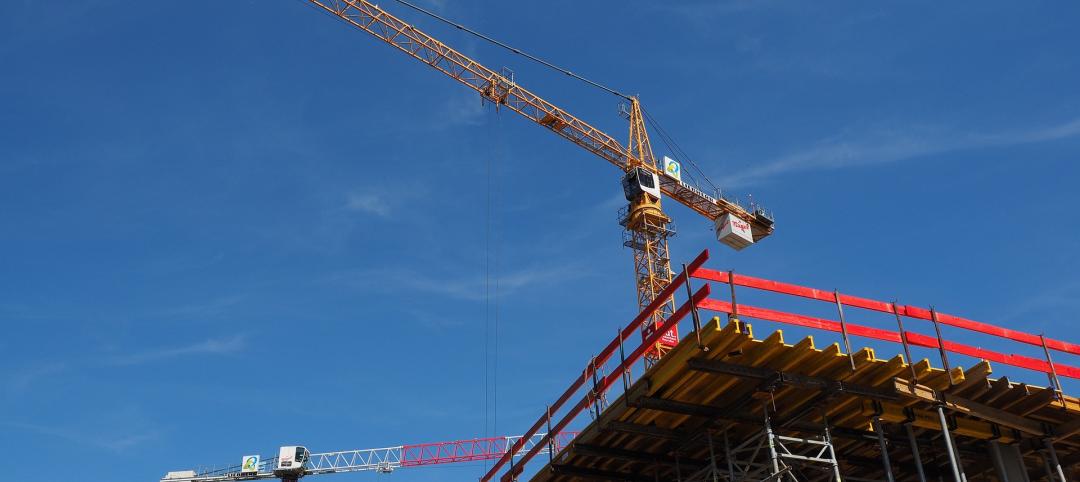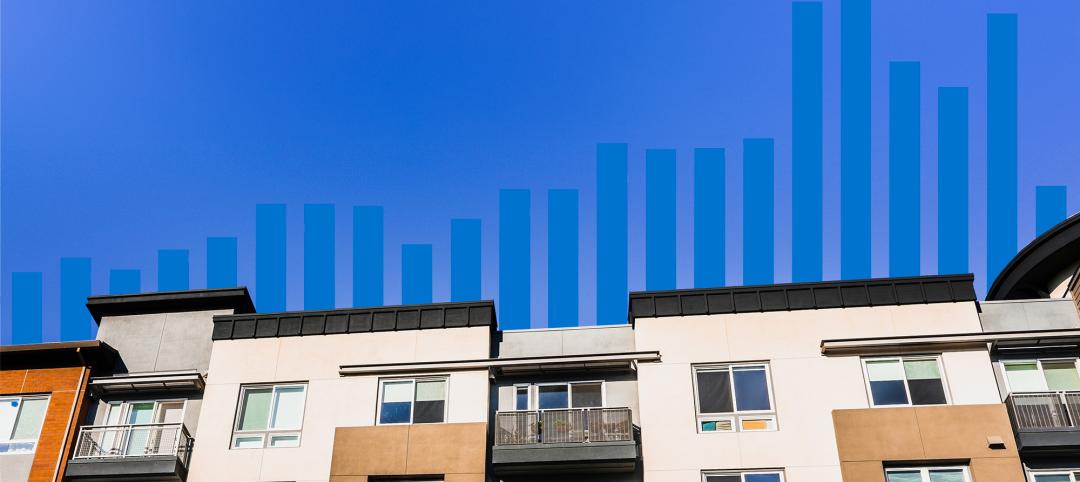Three-fourths of all metro areas added construction jobs between July 2020 and last month, according to an analysis by the Associated General Contractors of America of government employment data released today. Association officials noted that while many metro areas have added jobs since last summer, construction employment still lags pre-pandemic levels in many areas as the industry faces a host of challenges.
“The rapid spread of the delta variant of coronavirus, along with soaring materials costs and multiple supply-chain difficulties, appears to be causing some project owners to delay starting construction,” said Ken Simonson, the association’s chief economist. “However, the virus flare-up threatens further job gains, particularly because construction workers have a lower vaccination rate and thus a higher risk of becoming ill than other occupations.”
Construction employment increased in 268 out of 358 metro areas over the last 12 months. Seattle-Bellevue-Everett, Wash. added the most construction jobs (10,200 jobs, 10%), followed by Sacramento--Roseville--Arden-
Construction employment declined from a year earlier in 54 metros and held steady in 36. Houston-The Woodlands-Sugar Land, Texas lost the most jobs: 7,000 or 3%, followed by New York City (-6,300 jobs, -4%); Miami-Miami Beach-Kendall, Fla. (-3,500 jobs, -7%); Nassau County-Suffolk County, N.Y. (-2,400 jobs, -3%) and Calvert-Charles-Prince George’s, Md. (-2,400 jobs, -7%). The largest percentage declines, 11%, were in Atlantic City-Hammonton, N.J. (-600 jobs) and Evansville, Ind.-Ky. (-1,100 jobs), followed by 9% decreases in Tuscaloosa, Ala. (-600 jobs) and Victoria, Texas (-300 jobs).
Association officials urged federal officials to take steps to address supply-chain woes and boost demand for many types of construction services. They continued to call for the removal of tariffs on a host of critical construction materials, including steel and aluminum. And they urged the House of Representatives to quickly pass bipartisan infrastructure legislation that would give a needed boost to construction demand at a time when many private sector owners are rethinking projects amid rising prices and the spiking coronavirus cases.
“Washington officials have the ability to help offset soaring materials prices and boost flagging demand for commercial construction,” said Stephen E. Sandherr, the association’s chief executive officer. “The president should put an immediate end to tariffs that are needlessly inflating the cost of key materials and members of the House should rapidly approve the bipartisan infrastructure bill.”
Related Stories
K-12 Schools | Feb 29, 2024
Average age of U.S. school buildings is just under 50 years
The average age of a main instructional school building in the United States is 49 years, according to a survey by the National Center for Education Statistics (NCES). About 38% of schools were built before 1970. Roughly half of the schools surveyed have undergone a major building renovation or addition.
MFPRO+ Research | Feb 27, 2024
Most competitive rental markets of early 2024
The U.S. rental market in early 2024 is moderately competitive, with apartments taking an average of 41 days to find tenants, according to the latest RentCafe Market Competitivity Report.
Construction Costs | Feb 22, 2024
K-12 school construction costs for 2024
Data from Gordian breaks down the average cost per square foot for four different types of K-12 school buildings (elementary schools, junior high schools, high schools, and vocational schools) across 10 U.S. cities.
Student Housing | Feb 21, 2024
Student housing preleasing continues to grow at record pace
Student housing preleasing continues to be robust even as rent growth has decelerated, according to the latest Yardi Matrix National Student Housing Report.
Architects | Feb 21, 2024
Architecture Billings Index remains in 'declining billings' state in January 2024
Architecture firm billings remained soft entering into 2024, with an AIA/Deltek Architecture Billings Index (ABI) score of 46.2 in January. Any score below 50.0 indicates decreasing business conditions.
Multifamily Housing | Feb 14, 2024
Multifamily rent remains flat at $1,710 in January
The multifamily market was stable at the start of 2024, despite the pressure of a supply boom in some markets, according to the latest Yardi Matrix National Multifamily Report.
Student Housing | Feb 13, 2024
Student housing market expected to improve in 2024
The past year has brought tough times for student housing investment sales due to unfavorable debt markets. However, 2024 offers a brighter outlook if debt conditions improve as predicted.
Contractors | Feb 13, 2024
The average U.S. contractor has 8.4 months worth of construction work in the pipeline, as of January 2024
Associated Builders and Contractors reported today that its Construction Backlog Indicator declined to 8.4 months in January, according to an ABC member survey conducted from Jan. 22 to Feb. 4. The reading is down 0.6 months from January 2023.
Industry Research | Feb 8, 2024
New multifamily development in 2023 exceeded expectations
Despite a problematic financing environment, 2023 multifamily construction starts held up “remarkably well” according to the latest Yardi Matrix report.
Market Data | Feb 7, 2024
New download: BD+C's February 2024 Market Intelligence Report
Building Design+Construction's monthly Market Intelligence Report offers a snapshot of the health of the U.S. building construction industry, including the commercial, multifamily, institutional, and industrial building sectors. This report tracks the latest metrics related to construction spending, demand for design services, contractor backlogs, and material price trends.


